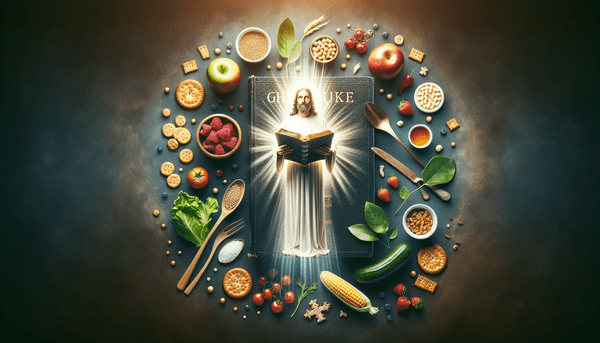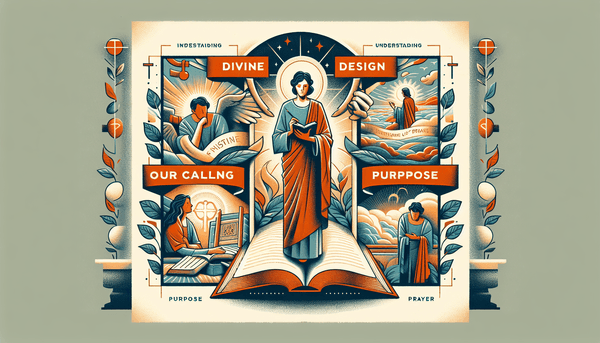The God of Christianity vs. the God of Islam
Christians revere the one true God, who reveals Himself through the Holy Scriptures as the Trinity comprising the Father, the Son (Jesus Christ), and the Holy Spirit. This triune nature is central to Christian doctrine, as reflected in Matthew 28:19, which commands baptizing 'in the name of the Father and of the Son and of the Holy Spirit.' Contrasting this view, Islam venerates Allah, a singular entity without associations or divisions, emphasizing His oneness, as Tawhid—the core concept of Islamic monotheism. While both faiths worship one God, the Christian belief in the divinity of Jesus Christ, as affirmed in John 14:6, and the role of the Holy Spirit in guiding believers, as mentioned in John 14:26, are not shared in Islamic theology. Acknowledging these differences with respect allows for a deeper interfaith understanding without diminishing the integrity of either faith.
Christian Dietary Laws and the Consumption of Pork
In the Old Testament, the book of Leviticus sets forth dietary laws for the Israelites, including a prohibition against eating pork (Leviticus 11:7-8). These laws were integral to the Israelite identity and served to distinguish the community in its religious and cultural practices. However, the New Testament brings a transformative message. Jesus, in Mark 7:19, declared all foods clean, effectively abolishing the dietary restrictions of the Old Testament. This is further emphasized by the Apostle Peter's vision in Acts 10:15, where he is told, 'What God has made clean, do not call common.' Thus, in Christianity, the consumption of pork is no longer prohibited. Christians are encouraged to eat with gratitude and moderation, as 'whatever you eat or drink, or whatever you do, do all to the glory of God' (1 Corinthians 10:31).
The Story of Shadrach, Meshach, and Abednego
The story of Shadrach, Meshach, and Abednego, as recounted in Daniel 3:28, is a powerful testament to faith's ability to withstand the fiercest trials. These three men faced the fiery furnace rather than compromise their belief in God. Their faith was so profound that not even the king's decree could sway them, embodying the verse from Isaiah 43:2, 'When you pass through the waters, I will be with you; and through the rivers, they shall not overwhelm you; when you walk through fire you shall not be burned, and the flame shall not consume you.' Their deliverance by an angel sent by God and their subsequent influence on King Nebuchadnezzar, who came to recognize the supremacy of their God, illustrates the profound impact of unwavering faith and the sovereignty of God over all earthly powers. This narrative encourages believers to trust in divine protection and to serve as a witness to others through their faith.






